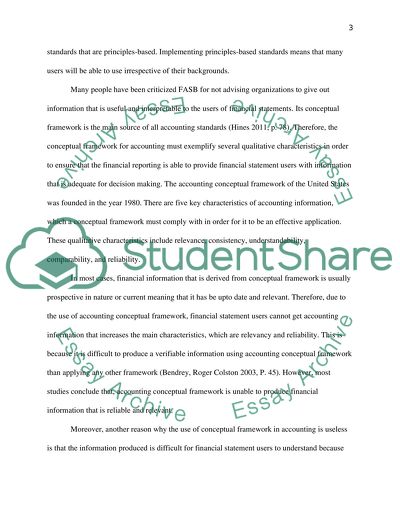Cite this document
(“The concept of having a conceptual framework in accounting is useless Essay”, n.d.)
The concept of having a conceptual framework in accounting is useless Essay. Retrieved from https://studentshare.org/finance-accounting/1669150-the-concept-of-having-a-conceptual-framework-in-accounting-is-useless
The concept of having a conceptual framework in accounting is useless Essay. Retrieved from https://studentshare.org/finance-accounting/1669150-the-concept-of-having-a-conceptual-framework-in-accounting-is-useless
(The Concept of Having a Conceptual Framework in Accounting Is Useless Essay)
The Concept of Having a Conceptual Framework in Accounting Is Useless Essay. https://studentshare.org/finance-accounting/1669150-the-concept-of-having-a-conceptual-framework-in-accounting-is-useless.
The Concept of Having a Conceptual Framework in Accounting Is Useless Essay. https://studentshare.org/finance-accounting/1669150-the-concept-of-having-a-conceptual-framework-in-accounting-is-useless.
“The Concept of Having a Conceptual Framework in Accounting Is Useless Essay”, n.d. https://studentshare.org/finance-accounting/1669150-the-concept-of-having-a-conceptual-framework-in-accounting-is-useless.


